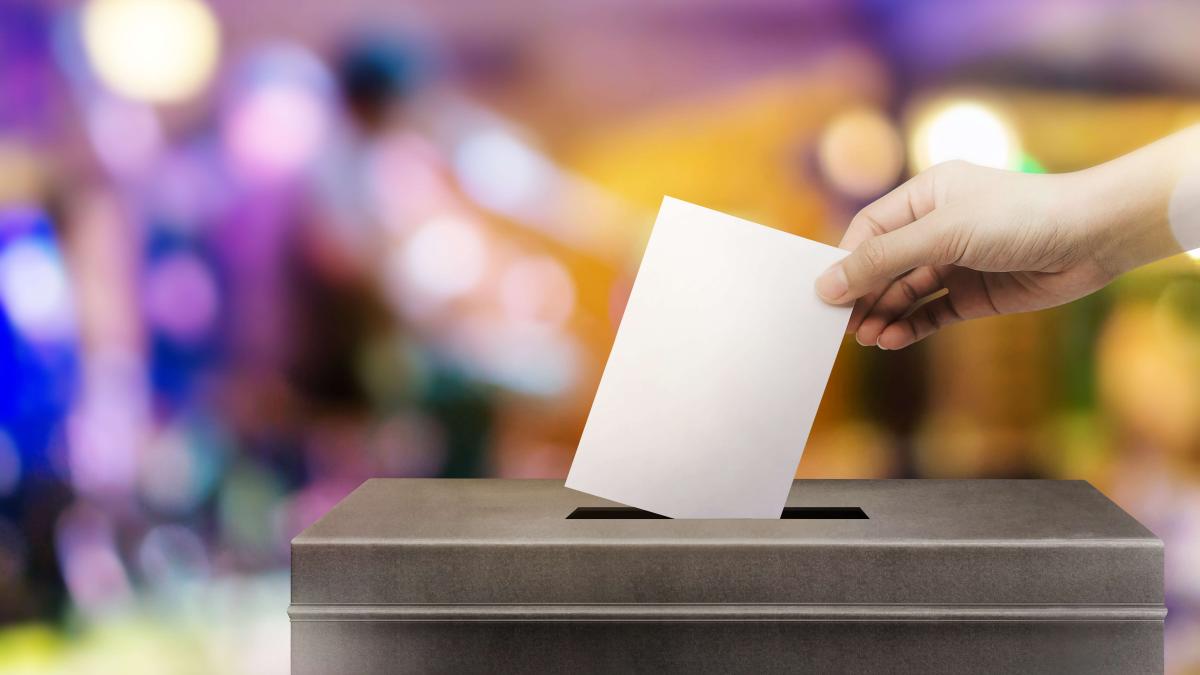Wednesday’s polling figures in Maharashtra confirm an enduring truth about Indian democracy: the poor uphold it while the affluent neglect it. The state recorded an overall polling percentage of 60, which is certainly not very high, but the disparity between urban and rural voting patterns is quite striking. Mumbai City district, home to India’s wealthiest, registered a meagre 51.2 percent, with Colaba hitting a low of 44.49 percent. In stark contrast, the backward district of Gadchiroli, a Naxalite stronghold, saw an impressive 69.63 percent turnout. This pattern isn’t new. It reflects a paradox deeply ingrained in our democratic fabric. The poor, who lack access to basic amenities like roads, clean water, and healthcare, have the highest trust in the electoral process. On the other hand, the elite, enjoying better infrastructure and services, shirk their responsibility to vote. They would rather spend time watching Netflix.
Historically, voting was a privilege restricted to the tax-paying and land-owning elite during the British Raj. With universal adult suffrage that came with Independence, the idea of standing in line alongside the common masses became distasteful to many in the upper echelons of society. For them, the inconvenience of casting a vote outweighs the benefits of participating in democracy. Come to think of it, the urban elites reap the most from government initiatives—be it superior healthcare, education, or infrastructure. Ironically, they also consume disproportionately more resources, using gas-guzzling cars to swimming pools, all while generating mountains of waste. Their lack of enthusiasm to vote, despite having a greater stake in governance, is a glaring contradiction. Of course, they mistakenly believe that by paying for services like water and electricity, they justify consuming more than their fair share, indirectly depriving the poor of these essential resources.
In contrast, the poor, whose lives are least affected by government policies, demonstrate a far greater commitment to democracy. Whether in Gadchiroli or Kashmir’s rural areas, they turn out in large numbers to vote, even under challenging circumstances, while those in Srinagar and Mumbai prefer to stay indoors on polling day. Indian democracy owes its strength to these unsung heroes—the rural and urban poor—whose faith in the system keeps it running. The elite may have the resources, but it is the impoverished voter who breathes life into India’s democratic process. This has been proven in election after election, across state after state.

